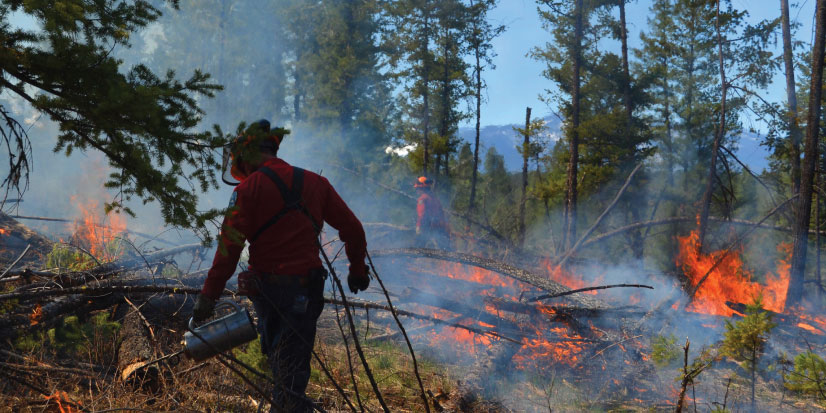BC Wildfires & Thunderstorms: A Newcomer’s Safety Guide

BC Wildfires & Thunderstorms: A Newcomer’s Safety Guide
British Columbia’s stunning landscapes come with a responsibility: understanding and preparing for natural events. Recent severe weather warnings, including intense thunderstorms across the province, have complicated the wildfire situation. For new and aspiring immigrants to Canada, particularly those settling in BC, awareness of these climate and safety concerns is crucial for your family’s well-being.
Understanding Wildfire and Thunderstorm Risks in British Columbia
BC’s wildfire season typically peaks in the summer months, fueled by dry conditions and high temperatures. You can stay up to date on active wildfire situations through the BC Wildfire Service website. Thunderstorms, often accompanied by lightning, can ignite new fires and worsen existing ones. Lightning strikes are a significant cause of wildfires in the province. Understanding these risks is the first step in preparedness.
Impact on Air Quality
Wildfire smoke poses a significant health risk, particularly for vulnerable populations like children, seniors, and individuals with respiratory conditions. Check the current air quality index (AQI) for your area. When air quality is poor, it’s advisable to stay indoors with windows closed and use air purifiers if possible.
Preparing Your Family: A Safety Checklist
Effective preparation is key to ensuring your family’s safety during a natural event. Here’s a checklist to help you get started:
- Emergency Kit: Assemble a kit with essential supplies, including water (at least 4 liters per person per day), non-perishable food, a first-aid kit, a flashlight, a battery-powered radio, and any necessary medications. Consider including copies of important documents like passports and immigration papers.
- Emergency Plan: Develop a family emergency plan that outlines evacuation routes, meeting points, and communication strategies. Make sure everyone knows what to do in case of a wildfire or other emergency.
- Stay Informed: Monitor local news, weather reports, and alerts from official sources such as EmergencyInfoBC. Sign up for alerts and notifications in your region.
- Home Insurance: Review your home insurance policy to ensure it covers wildfire damage and other natural events. Understand your coverage limits and any deductibles.
Local Resources and Support for Immigrants
Several organizations in British Columbia offer support and resources specifically for immigrants. Many settlement services provide information and assistance with navigating various aspects of life in Canada, including emergency preparedness. Check with your local settlement agency or immigrant support organization for specific programs and resources available in your area, such as Vancouver, Surrey, or Abbotsford. Local support is invaluable.
Community Connections
Building connections within your community can also be a valuable source of support during challenging times. Get to know your neighbors and participate in local community events. Sharing information and experiences can help you and your family feel more prepared and connected.
Thunderstorm Safety Tips
Thunderstorms pose unique risks, especially in areas prone to wildfires:
- Seek Shelter: During a thunderstorm, seek shelter indoors in a sturdy building. Avoid being outside in open areas or near tall trees.
- Stay Away from Water: Avoid swimming, boating, or any other water activities during a thunderstorm.
- Unplug Electronics: Unplug electronic devices and appliances to protect them from lightning strikes.
- Be Aware of Flash Flooding: Heavy rainfall can lead to flash flooding. Be aware of low-lying areas and avoid driving through flooded roads.
Conclusion: Staying Safe and Informed
While British Columbia’s natural beauty is undeniable, it’s essential to be aware of the potential risks posed by wildfires and other natural events. By taking proactive steps to prepare your family, staying informed about current conditions, and utilizing available resources, you can significantly enhance your safety and well-being. Remember to stay vigilant, stay connected, and prioritize safety for yourself and your loved ones.
Consider reviewing other safety guides for additional information.

